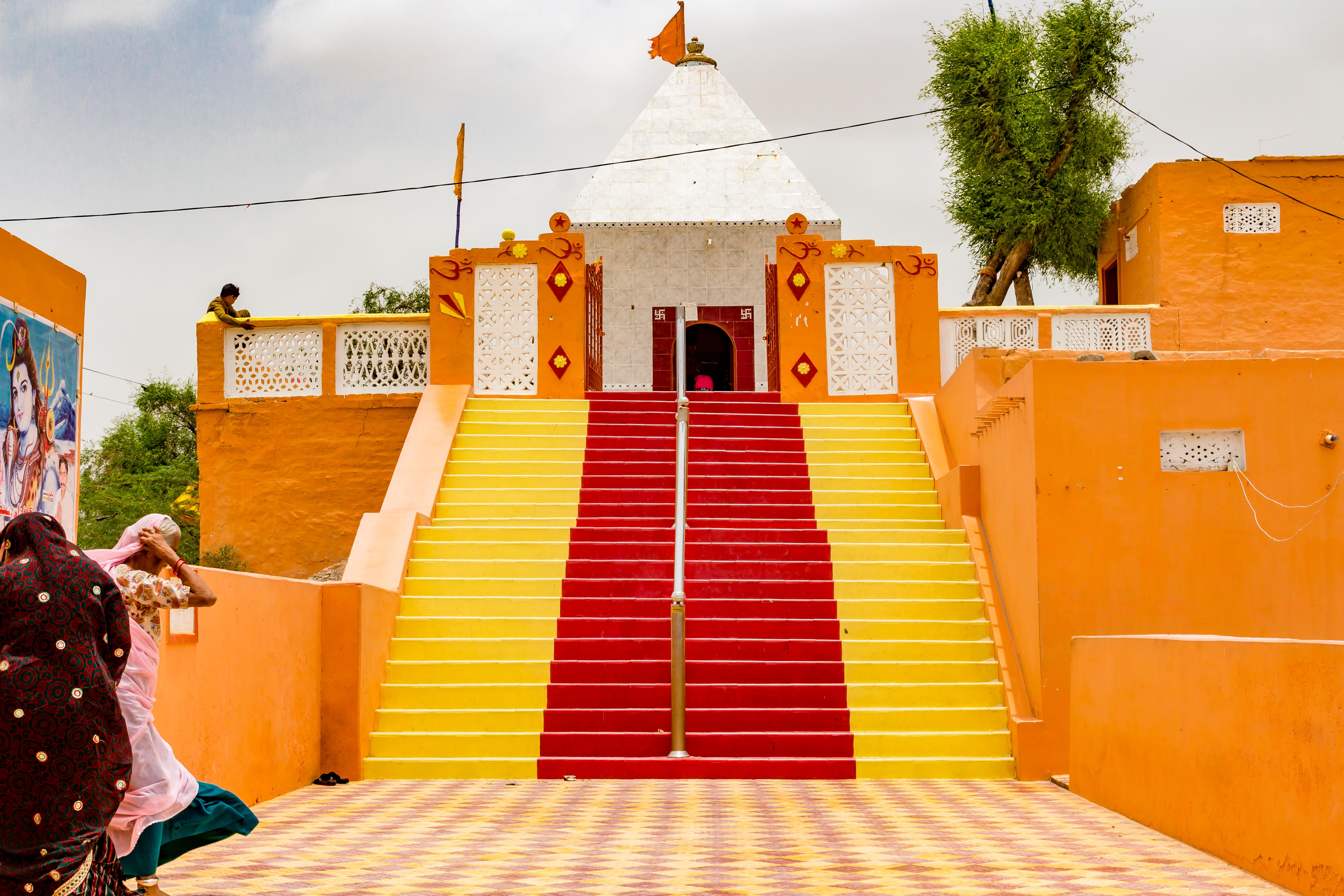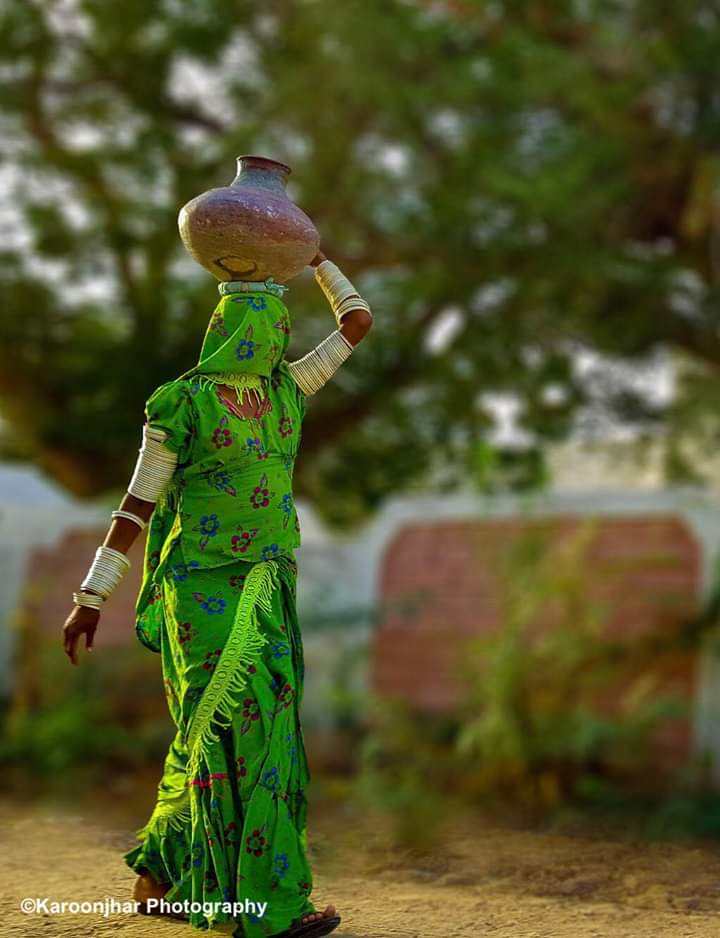|
Rana Ratan Singh
Rana Ratan Singh was a hereditary land owner in Umerkot Umerkot (Urdu: ; Dhatki language, Dhatki : ØđŲ ØąÚŠŲŲ―; Sindhi language, Sindhi: ØđŲ ØąÚŠŲŲ―; International Phonetic Alphabet, IPA: Help:IPA/Hindi and Urdu, ïŋ―mÉrkoËĘ formerly known as Amarkot) is a city in the Sindh province of Pakista ..., belonging to Sodha sub clan of Rajputs. Rana killed the British appointed Governor of Umarkot Fort, Syed Mohammad Ali, in 1847, during a tax protest. He was soon after tried and convicted of committing murder and treason, and hanged in Umarkot Fort, by the British. References {{Reflist Thari people People executed by British India by hanging People from Umerkot District ... [...More Info...] [...Related Items...] OR: [Wikipedia] [Google] [Baidu] |
Umerkot
Umerkot (Urdu: ; Dhatki language, Dhatki : ØđŲ ØąÚŠŲŲ―; Sindhi language, Sindhi: ØđŲ ØąÚŠŲŲ―; International Phonetic Alphabet, IPA: Help:IPA/Hindi and Urdu, [ĘmÉrkoËĘ], formerly known as Amarkot) is a city in the Sindh province of Pakistan. The Mughal emperor Akbar was born in Amarkot in 1542. The Hindu folk deities Pabuji and Ramdev Pir, Ramdev married in Umerkot. The local language is Dhatki, one of the Rajasthani languages of the Indo-Aryan language family. It is most closely related to Marwari language, Marwari. Sindhi language, Sindhi, Urdu and Punjabi language, Punjabi are also understood by this. Etymology The city is named after a local ruler of Sindh, Umer Soomro (of Soomra dynasty) of the Umar Marvi folk tale, which also appears in ''Shah Jo Risalo'', one of the popular tragic romances of Sindh. History According to tradition, it was founded by a branch of the Soomro, Soomra who later lost it to Sodhas in 1226. Sodhas were expelled by the Soomra in 1330 b ... [...More Info...] [...Related Items...] OR: [Wikipedia] [Google] [Baidu] |
Umarkot Fort
Umarkot Fort (; Sindhi: ), also called Amarkot (), is a fort in Umerkot, Sindh ( Sindhi: ), Pakistan. Emperor Akbar was born in Umarkot Fort when his father Humayun fled from the military defeats at the hands of Sher Shah Suri on 15 October 1542. Rana Prasad Singh Sodha of Umarkot, who had risen to power, had given refuge to Mughal Emperor Humayun, and it was there that Hamida Bano Begum gave birth to young Akbar. Later the Mughal Emperor Akbar became the Shahenshah of Hindustan and was a popular figure with both Hindus and Muslims. Umerkot has many sites of historical significance such as Mughal emperor Akbar's birthplace near Umarkot Fort. Currently, Akbar's birthplace is an open land. In 1746, the Mughal Subahdar, Noor Mohammad Kalhoro, built a fort at the location. Later the British took over that area. Amarkot Fort was built by Rana Amar Singh in 11th century. It remained under control of Sodha Rajput dynasty known as the Ranas of Umerkot, but later was taken ove ... [...More Info...] [...Related Items...] OR: [Wikipedia] [Google] [Baidu] |
Thari People
The Thari also known as the Dhatti (, ) are an Indo-Aryan peoples, Indo-Aryan ethno-linguistic group who reside in the Thar Desert, which is divided between Pakistan and India. They speak Thari, also known as Dhatki language. Thari is also a geographical term, it refers to anything which belong or come from Thar desert. The Thari people live primarily in Tharparkar district of Sindh in Pakistan. In India, Thari speakers are found in western parts of Rajasthan. Lifestyle and culture The Thar live in the harsh environment of the Thar Desert, therefore they spend a considerable amount of time fetching water for themselves or their animals. The Thari marry early, often during teenage years. They wake up early and herd the animals with the females waking up earlier than the men. The Thari are known for their carpet industry, and earlier in history they used to make shawls. The Thari also celebrate Lok Mela, along with the Sindhis. The Thari have suffered throughout history due ... [...More Info...] [...Related Items...] OR: [Wikipedia] [Google] [Baidu] |
People Executed By British India By Hanging
The term "the people" refers to the public or common mass of people of a polity. As such it is a concept of human rights law, international law as well as constitutional law, particularly used for claims of popular sovereignty. In contrast, a people is any plurality of persons considered as a whole. Used in politics and law, the term "a people" refers to the collective or community of an ethnic group or nation. Concepts Legal Chapter One, Article One of the Charter of the United Nations states that "peoples" have the right to self-determination. Though the mere status as peoples and the right to self-determination, as for example in the case of Indigenous peoples (''peoples'', as in all groups of indigenous people, not merely all indigenous persons as in ''indigenous people''), does not automatically provide for independent sovereignty and therefore secession. Indeed, judge Ivor Jennings identified the inherent problems in the right of "peoples" to self-determination, as i ... [...More Info...] [...Related Items...] OR: [Wikipedia] [Google] [Baidu] |

